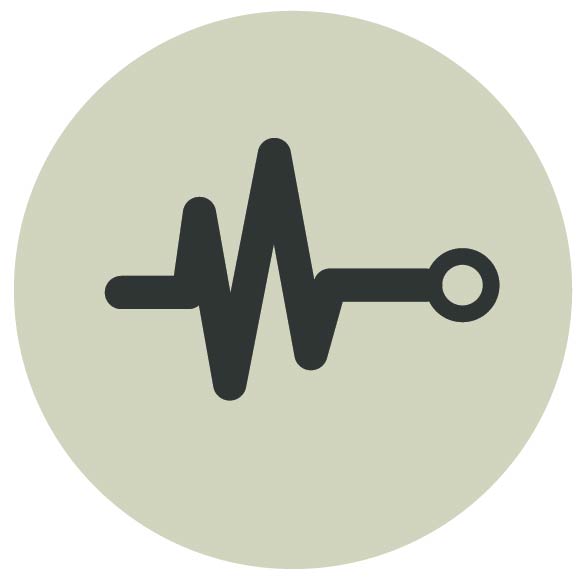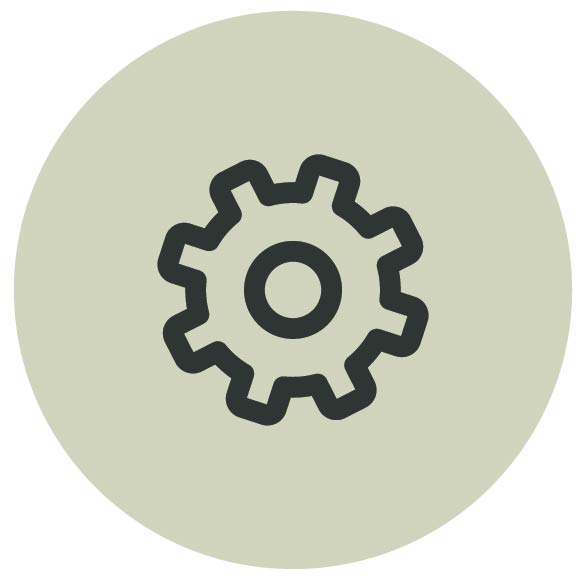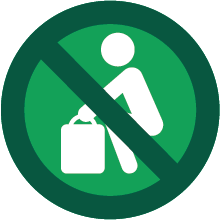Pancreatic Cancer is an abnormal growth of cells inside the pancreas. The pancreas is a gland responsible for producing digestive enzymes and managing blood sugar levels. The cancerous cells form a tumor that affects the function of the pancreas. Even if the cancer has spread throughout the body, if it started in the pancreas, it is called pancreatic cancer.
Pancreatic cancer is an invisible disability
 12th most common cancer worldwide
12th most common cancer worldwide There are two types of pancreatic cancer: exocrine and endocrine
There are two types of pancreatic cancer: exocrine and endocrine 7th leading cause of cancer deaths globally
7th leading cause of cancer deaths globally Only about 10% of people are able to have pancreatic cancer treated surgically
Only about 10% of people are able to have pancreatic cancer treated surgically Men are more likely than women to develop pancreatic cancer
Men are more likely than women to develop pancreatic cancer Approximately 500,000 new cases each year
Approximately 500,000 new cases each year
Pancreatic cancer is extremely difficult to diagnose in its early stages because of vague symptoms, and because of the location of the pancreas. The pancreas is tucked between the stomach, liver, gallbladder, and intestines, and cannot be easily examined. Because of this, most cases of pancreatic cancer are only detected at an incurable stage.
The pancreas has two categories of functions: exocrine and endocrine. Exocrine glands produce enzymes that aid in digestion, while the endocrine glands secrete hormones such as insulin into the bloodstream. The type of cancer involving the endocrine glands is called pancreatic neuroendocrine carcinoma, or islet cell tumor. Cancer of the exocrine glands is called adenocarcinoma. Adenocarcinoma is the most common, and most aggressive, type of pancreatic cancer.
Risk factors for pancreatic cancer include smoking, chronic diabetes, obesity, chronic pancreatitis, and large amounts of red meat and processed foods.
Symptoms of pancreatic cancer
Symptoms of pancreatic cancer are often vague or non-specific. It is also common in the early stages of this cancer to show no symptoms. Each person with pancreatic cancer will experience it differently, and signs and symptoms can vary.
Common symptoms include:
- Pain in the abdomen or back
- Weight loss
- Jaundice (yellowing of the eyes and skin)
- Nausea
- Loss of appetite
- Changes in stool
- Recent onset of diabetes (within the past 2 years)
- Pancreatitis (swelling of the pancreas)
In addition to the above, people living with pancreatic cancer may experience:
- Digestive symptoms
- Bloating
- Diarrhea
- Fatty bowel movements
- Other symptoms
- Abdominal mass
- Enlarged gallbladder
- Blood clots
- Itching
- Swollen lymph nodes
- Depression
- Fatigue
Sources:
Pancreatic Cancer Action Network: https://pancan.org/
World Pancreatic Cancer Coalition: https://www.worldpancreaticcancercoalition.org/
World Cancer Research Fund International: https://www.wcrf.org/cancer-trends/pancreatic-cancer-statistics/
eMedicine Health: https://www.emedicinehealth.com/pancreatic_cancer/article_em.htm
Cancer Research UK: https://www.cancerresearchuk.org/about-cancer/pancreatic-cancer/survival
Pancreatic Cancer UK: https://www.pancreaticcancer.org.uk/
https://gco.iarc.fr/today/data/factsheets/cancers/13-Pancreas-fact-sheet.pdf
CancerCare, Cancer in the Workplace: https://www.cancercare.org/publications/383-helping_a_colleague_cope_with_cancer_in_the_workplace
Macmillan Cancer Support, Employers: https://www.macmillan.org.uk/cancer-information-and-support/get-help/financial-and-work/employers
Look out for these Sunflower icons
 I may need a place to sit down and rest
I may need a place to sit down and rest
I may need urgent access to the nearest toilet facility I may need help lifting or carrying
I may need help lifting or carrying I have a hidden disability
I have a hidden disability


